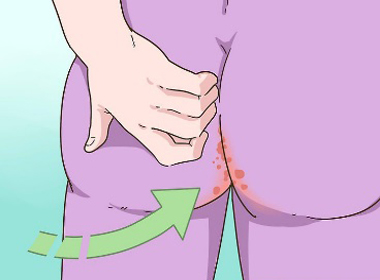Introduction of Proctology Disorders
Proctology, as a branch of surgery, was largely neglected and overlooked as an untidy and unrewarding Job. Disease burden in Proctology that we see today is only the tip of the iceberg, the rest remaining undisclosed largely because of personal shyness or social taboo. Naturally quacks everywhere gained quick entry into this trade. Quacks flourished, offering a variety of most unscientific, unhygienic and unethical solutions to common problems like piles, fissure & anal fistula. This has only added to the already huge burden of complicated cases in Proctology.
Proctology includes careful diagnosis and treatment for disorders of the colon, rectum, and anus. The following are reasons why we believe it is important to be specialized in this field:
- Some conditions may not require surgery. It is necessary to carefully analyze whether the condition will improve after surgery. A surgeon’s sound judgment is required in making this decision.
- Many of functions and pathology in this area are still uncovered.
- Some patients may feel embarrassed to come to the hospital for colorectal conditions.
- Availability of qualified female staff to lessen the barrier for women who need treatment is vital.
- To ensure the quality of care in proctology, close coordination between Oncologist, plastic surgeon, and Gynecologist may be required.
Common conditions that may be treated by a proctologist include:
Who is Proctologist?
A proctologist is a surgical specialist with a focus on diagnosing and treating disorders of the colon, rectum and anus. Proctologists often are seen for complex lower digestive tract issues or when surgery is needed to treat the patient.
Proctologists are different than gastroenterologists, though both deal with gastrointestinal issues in patients. Gastroenterologists perform diagnostic procedures. They do not often perform surgeries to treat patients. That is the role and specialty area of the proctologist.










